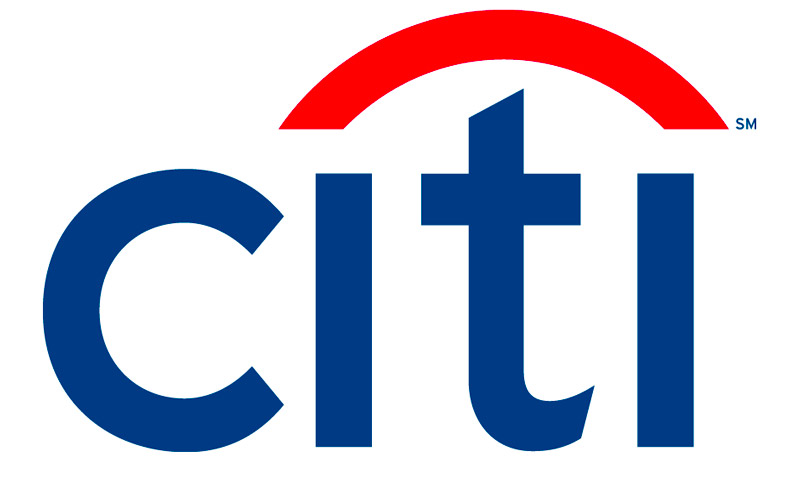| Investments in affordable housing can create a fairer NJ for years to come |
|
Investments in affordable housing can create a fairer NJ for years to come Published March 24, 2022 This month, Gov. Phil Murphy announced a historic $305 million investment to produce over 3,000 affordable homes in addition to preventing any diversion of the state’s Affordable Housing Trust Fund. That level of commitment from our state’s top office has been unheard of until now. We commend Murphy and Lt. Gov. Sheila Oliver for making housing affordability a top budget priority. Since the onset of the pandemic, housing stability and security has been synonymous with keeping people healthy and safe. While the eviction and foreclosure moratoria kept people in their homes through multiple COVID-19 waves, an affordable place to call home remains out of reach for far too many New Jersey residents. We can debate whether to call our state’s favorite sandwich pork roll or Taylor ham, but nearly everyone agrees that housing affordability is a challenge. Almost 90% of New Jersey residents consider the cost of housing to be a serious problem. Eight in 10 feel it is difficult to find an affordable rental home, according to a June 2021 Rutgers-Eagleton Poll. Dedicating $305 million from American Rescue Plan funds to help produce over 3,000 affordable homes is a big step in the right direction. Housing security has been woefully underfunded for far too long, which is why the hundreds of Housing and Community Development Network of New Jersey members launched the HouseNJ campaign, which calls for public investments that create housing availability, affordability, and accessibility. We are mobilizing to ensure that New Jersey leaders invest $975 million from the ARP into critical housing programs, like affordable home production, expanded rental assistance, lead poisoning prevention programs, and more. We are also urging New Jersey’s Congressional delegation and public officials at every level to support transformative housing investments in any reconciliation package. Last year, the U.S. House of Representatives passed a version of the Build Back Better Act that included:
Included in a final reconciliation package, these investments would bring 21,000 new rental vouchers to New Jersey. We would also receive $545.3 million from the national Housing Trust Fund for 5,000 new homes affordable to households earning extremely low incomes and millions of dollars desperately needed to repair aging public housing. Our housing market has been out of balance for a long time, but COVID-19 made this situation much worse. Home prices and rents have soared. Homebuyers are being outbid, renters are experiencing sticker shock, and unhoused folks who are caught between a rock and a hard place. A home needs to cost no more than 30% of what a person earns in order to be considered affordable. This is difficult for so many families, especially in Black and Brown communities, where residents have been disproportionately impacted by the pandemic. New Jersey consistently ranks in the top ten of most expensive states for renters. Our 2021 housing wage, or what a household has to earn to make a home affordable, is $31.96 per hour, far more than the state’s average hourly wage of $19.38 and even further above our progressive minimum wage. The Fair Market Rent for a modest two-bedroom rental is $1,662, so a family must earn $66,468 annually in order to afford rent. These are virtually impossible numbers in the best of times, but during a pandemic, they are astronomical. Without any protections against rent-gouging, these costs will continue to spiral beyond people’s means. Considering the vast number of households facing foreclosure or eviction, tackling home affordability should be at the top of everyone’s to-do list. We owe it to those who have been harmed the most by the pandemic to build back better and equitably. This is also an unprecedented opportunity to help mitigate and undo the systemic and institutional racism which has prevented Black and Brown families from purchasing homes, and creating generational wealth. The housing affordability crisis in New Jersey has been decades in the making. It’s not a simple overnight fix, but we can start now. Murphy’s proposed state budget moves the needle in a big way. Our elected leaders can make these significant, once-in-a lifetime investments to create a more affordable and fairer New Jersey for generations to come. Together, we can and must house New Jersey. |














